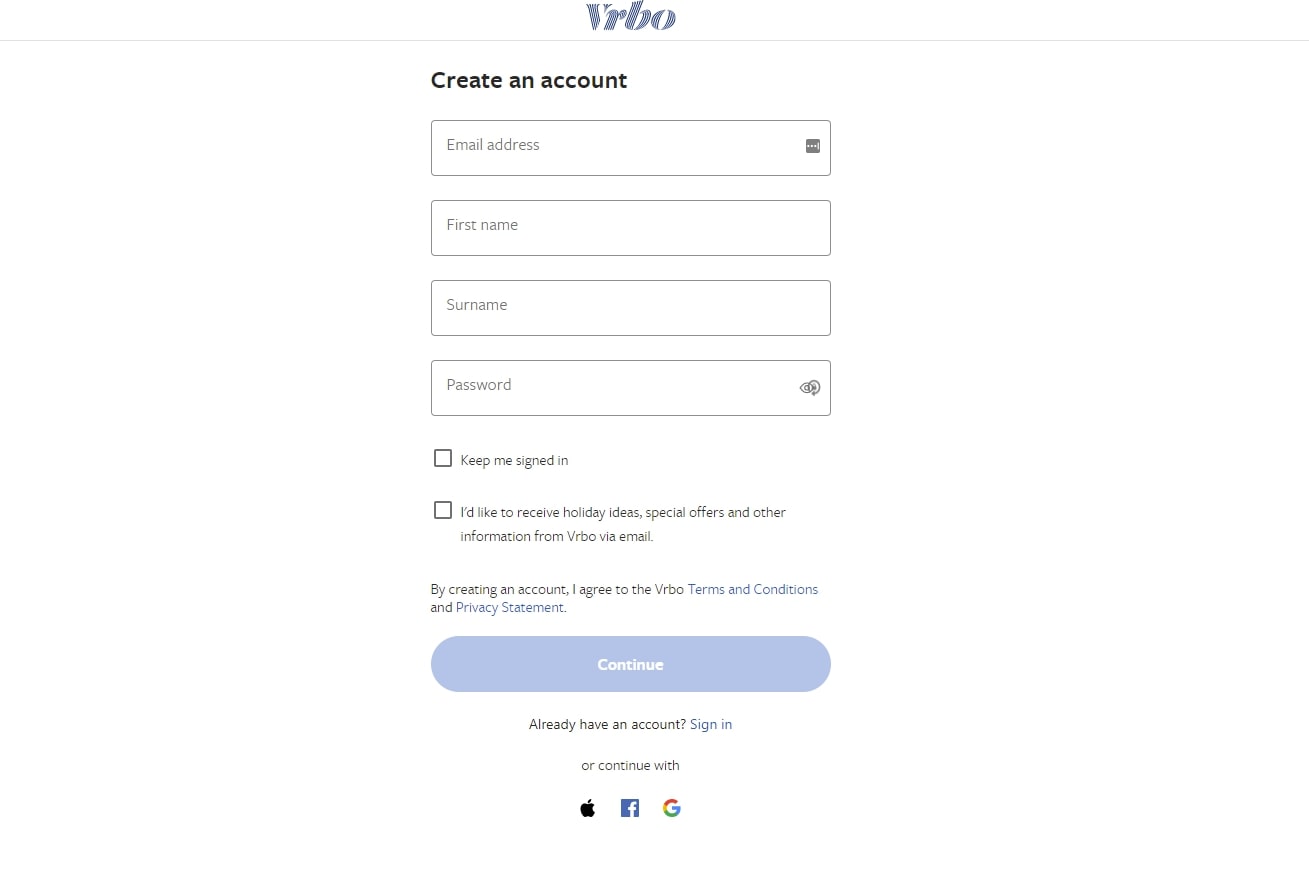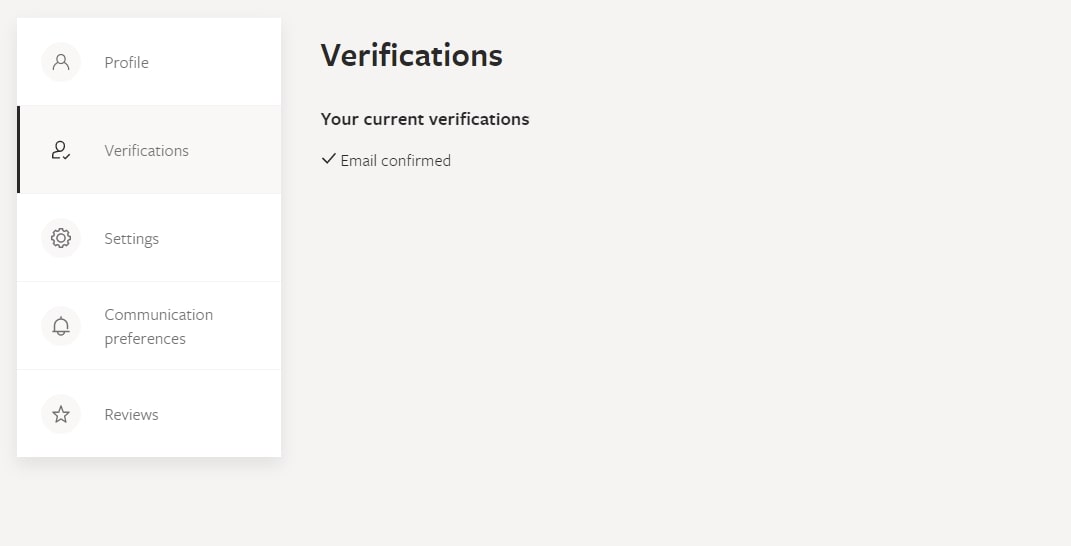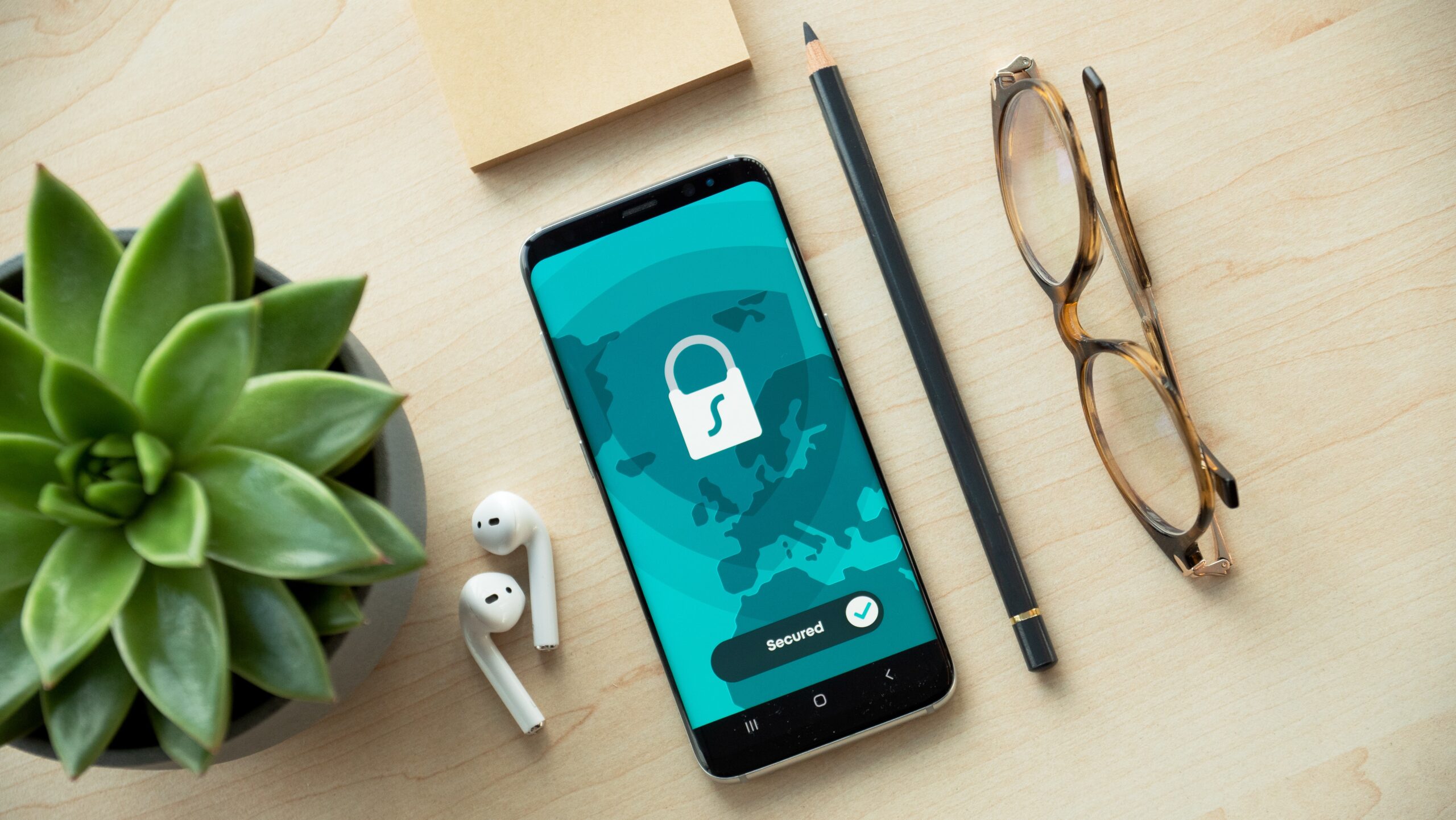Running a short-term rental business on a platform like Vrbo takes trust. With each booking, you invite the potential for destructive parties, loud and anti-social visitors, fraud, Vrbo scams, and even criminal activity, all of which could put your business at risk.
If you have property listings on Vrbo, you can lower the risk of bad guest behavior by understanding how Vrbo ID verification works—and figuring out if it’s enough to safeguard your business.
With proper safety protocols in place, you’ll gain happier guests and a more profitable, professional, and scalable business. After reading this guide, you’ll understand how Vrbo ID verification works and how to perform even better background checks to maximize trust and minimize risk.
Want to perform in-depth ID verifications on your bookings on Vrbo?
Autohost performs advanced guest vetting processes to minimize risk of unwanted occupants with disruptive behavior or financial red flags.
Request a demo.
What is Vrbo ID verification?
Vrbo ID verification is a basic security check on the Vrbo platform intended to verify that guests are who they say they are.
Vrbo (formerly HomeAway) uses data such as a guest’s email address, date of birth, and physical address to perform basic Vrbo background checks to increase the chance that booked guests are who they claim to be.

ID checks are intended to give peace of mind to Vrbo hosts and attach a “paper trail” to the guest. It helps establish trust because guests are more likely to be conscientious if they’re willing to be identified: they know they can be tracked if they cause expensive damage or engage in criminal activity.
Vrbo isn’t the only platform to offer ID checks—Airbnb ID verification works in a very similar way.
How does Vrbo ID verification work?
If you’re wondering whether Vrbo ID verification is robust enough for your business then it may help to take a closer look at the process, see how it works, and what details are required to officially verify a user and guest.
Here’s how the Vrbo ID verification process works.
How do users get verified?
Users can complete the verification process by creating an account on Vrbo, logging in, and providing the information requested.
Once verified, this shows on the guest’s profile, and hosts can see the verification status. Usually, the user only needs to complete the process once.
What details does Vrbo ID verification need?
Vrbo asks for details including first and last name, email address, mobile phone number, physical address, and date of birth.
For example, once a user signs up to Vrbo using their email address, they’ll receive an email at that address asking them to confirm it via a unique link. Their email is only confirmed once the link is clicked (proving the account really belongs to them, or they have access to it, at least).

However, unlike some more thorough processes—such as hotel background checks—Vrbo verification doesn’t always require photo ID (such as a passport or driver’s license), or personal details such as physical proof of address.
The information requested is pretty basic.
Do users have to provide identifications?
No, although Vrbo does recommend it.
Vrbo states: “Currently, there’s no way for a property owner or manager to require a guest to confirm their identity before sending a booking request”
Hosts can’t see the details of a guest’s verification, only whether or not they have a verification badge on their profile.
Vrbo only requires users to provide identification in some countries where it’s legally mandatory, such as in Spain, Italy, and Portugal. These countries require vacation rental site owners to share the ID of each person staying with the local authorities 24 hours after arrival.
This is the major issue with Vrbo’s ID process. In countries with less stringent laws on short-term rentals, guests can book places without having a verified profile, or submitting any proof of address or photo ID.
Even though it’s technically legal, this is less than ideal for hosts, as it opens them up to major risks in case of damage or problematic behavior from the guest. It limits the traceability of the guest and is fairly basic in terms of proper background checks and screening.
Does the host get to see the guest’s ID?
No, on Vrbo the host or cohost only sees whether the user is verified or not. This protects the guest’s privacy, which is a valid concern, but it also opens the host up to potential issues as they can’t verify the guest’s ID or background themselves, or see which details have been verified.
This means there are still major risks and uncertainties over the guest’s identity and trustworthiness, and a lack of details should the host need to contact or identify the guest later.
This is where a STR security platform like Autohost helps, as hosts can see everything that the platform finds to prove the guest’s identity (while still respecting the guest’s privacy and data protection laws). You’ll have more peace of mind knowing that the guest is legitimate and traceable, and therefore more likely to be respectful while staying at your property.
When does Vrbo ask for ID verification?
Vrbo asks for verification when users sign up. Later, it may ask for ID when users request to book a property. However, the details requested are limited, and it doesn’t pass much of the information along to the host for verification.
Similarly, email verification is only done once on sign-up, and not for each subsequent booking, meaning that it may not always be up to date.
Is Vrbo ID verification reliable for hosts?
Vrbo ID verification is certainly better than nothing but it’s not robust enough for serious hosts who want to fully protect their property and trust their guests.
The lack of information it requires, and the ease with which users can get “verified” with relatively little data, means that it’s not as reliable as it could be. Perhaps this explains why it has a low customer rating on Trustpilot.
How can I improve my ID verification process?
You can improve your ID verification process by using a dedicated cybersecurity platform designed for it, like Autohost. This will always offer more reliable checks than an online travel agency (OTA) like Vrbo.
A comprehensive security check will flag major issues such as guests trying to book using a fake ID or those who present a financial or legal risk. Here are all the ways a STR security platform can enhance your process.
Guest screening
- Intelligent guest screening using AI to analyze each booking and assess the risk level
- Verification of the guests’ photo ID, matched with a selfie
- Background checks, including a search of criminal databases and sex offender records
- Credit checks for financial protection and to ensure the guest is of good financial standing
Fraud and incident prevention
- Chargeback protection, and flagging of any suspicious attempts by the guest to avoid identification, or attempt identity theft
- Security damage deposits to validate payments and prevent chargebacks
- Legally-binding digital contracts and rental agreements requiring the guest to acknowledge and accept your house rules
- Verification that there are not too many people in the property via integration with NoiseAware occupancy monitors, which can send alerts in case of a breach
The checks are automated with each booking, meaning that you can consistently perform checks for every guest without adding to your workload.
Local compliance
Collect guest info to comply with any short-term rental regulations and authority requirements
Online, secure check-in
- Collect personal information directly, ahead of time
- Process and verify check-ins without needing to be on-site at the time
- Automated messaging dependent on the guest’s ID status, only sending check-in information to guests who pass the verification and answer your questions for guests in a satisfactory way
Want to perform in-depth ID verifications on your bookings on Vrbo?
Autohost performs advanced guest vetting processes to minimize risk.
Request a demo.
These features help you to:
- Protect your property from damage caused by reckless guests
- Prevent visitors from lying about the number of guests
- Reduce the potential downtime and loss of revenue caused by damage and repairs
- Trace guests in case of problems or insurance claims
- Reduce the risk of noisy, destructive parties that could damage your property, disturb the neighbors or cause police to be called
- Ensure you don’t unwittingly enable criminal activity
- Ensure you comply with all local laws on short-term stays and rental guests
A high level of checks will likely dissuade guests who might otherwise risk being problematic or noisy, conduct criminal activity, or treat the property disrespectfully. Unlike respectful guests, these guests won’t appreciate the extra questioning and requirements, meaning they’ll likely cancel with you, and go elsewhere.
But for reliable guests, this increases trust between you and reassures them that they are being cared for by a professional, safe host.
A specially-designed platform like Autohost will go beyond Vrbo’s basic ID checks, and can help identify partiers, criminals, fraudsters, and problematic potential guests before they even arrive—but without infringing on guests’ privacy.
Vrbo ID verification: Is it enough for your business?
Ultimately, Vrbo ID verification offers a basic level of verification for guests that may request to book your short-term rental property.
However, it’s unlikely to be comprehensive or reliable enough to protect your property in the event of any real problems or risks, or operate it with the level of safety, security, and professionalism that you need.
A platform such as Autohost offers a solution to these issues.
It offers a variety of automated AI-, database- and security-led checks, so you can prevent damage, downtime, and criminal activity. You’ll also save money and boost revenue, improve your relationship with guests, and ensure real peace of mind for you and your visitors.
Want to perform in-depth ID verifications on your bookings on Vrbo?
Autohost performs advanced guest vetting processes to minimize risk.
Request a demo.
Frequently asked questions about Vrbo ID verification
Is it normal for Vrbo to ask for ID?
It’s normal for Vrbo and Airbnb to ask for ID, but the data they require is very limited. Vrbo doesn’t systematically ask or require ID for guests, such as via photo documents. It does ask for verification of some data, such as your name and email address, and even your physical address.
Are Vrbo rental guests verified?
Vrbo rental guests can be verified using data such as their name, date of birth, physical address, and email address. But it’s not mandatory in most countries, leaving hosts open to increased risk. Verification using dedicated platforms designed for this task, such as Autohost, can verify guests to a much higher level of security.
How does Vrbo verify the age of the renter?
Vrbo identifies the age of the renter by asking for your birth date. In its terms of service, Vrbo has a minimum age requirement. It states you must be at least 18 years of age and able to enter into legally binding contracts to use its booking site and book a stay.
How long does it take Vrbo to verify ID?
Vrbo doesn’t take long to verify ID, because it is based on basic information such as name, email address, and birth date. However, doing deeper more effective background checks and guest screening doesn’t have to take a long time either. Platforms such as Autohost can automate it, making it quick, automatic, and scalable, without extra work.
Can you lie about your age on Vrbo?
Yes, technically you can lie about your age on Vrbo because it doesn’t require you to submit any photo ID or documents to prove your age. It would be illegal, go against Vrbo’s terms of service, and be considered fraud to lie—but guests can do it if they give inaccurate information.
It’s arguably better and safer to use in-depth background screening and a dedicated platform such as Autohost to avoid the risk of users lying or providing inaccurate information in an attempt to circumvent the system.





